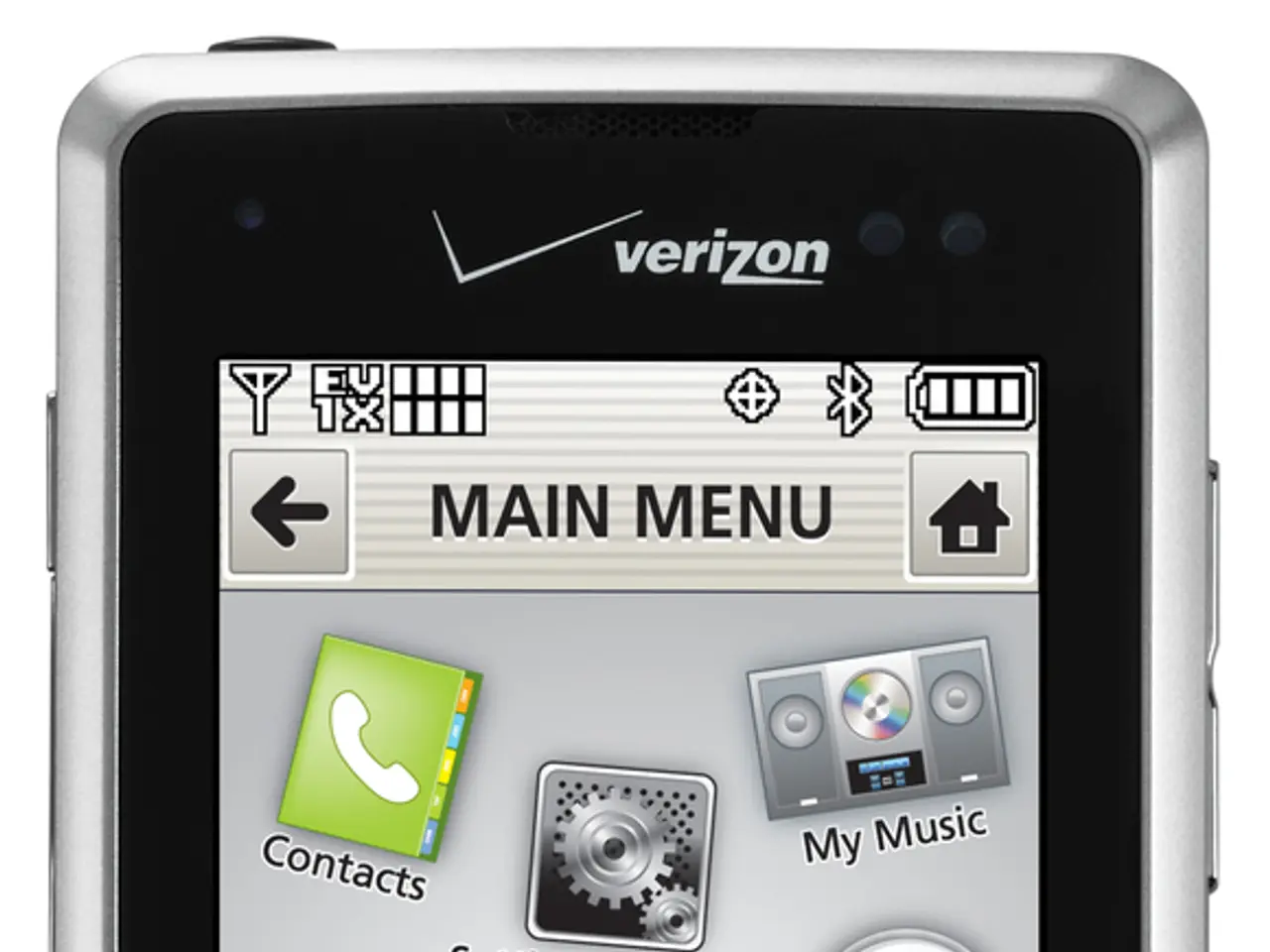Mobile Application Development: The Emergence of Blockchain for Enhanced Security and Trust Authentication
Blockchain technology is revolutionizing the world of mobile applications, making them more intelligent, credible, and secure. As users increasingly demand privacy and control, developers are embracing blockchain to meet these demands.
Enhanced Transparency and Trust
The use of blockchain in mobile apps is improving transparency and trust, leading to increased credibility and user affinity. This is particularly beneficial for industries like finance and payments, where trust is paramount.
Secure and Reliable Mobile Apps
Blockchain technology is being leveraged to make mobile apps more reliable, transparent, and secure. It enhances data security, making it difficult for hackers to manipulate or steal data. Decentralized storage in blockchain also minimizes the threat of hacking or losing user data.
Smart Contracts and Automation
Smart contracts in blockchain automatically enforce agreements, saving time and minimizing expenses. This automation can extend to various tasks such as payments, verification, and supply chain updates.
Overcoming Challenges
While blockchain offers numerous benefits, it also presents some challenges. Storage and speed limitations exist when saving information in a blockchain, making it more costly and time-consuming than in standard databases.
Popular Blockchain Platforms
Popular blockchain platforms for mobile application development include Ethereum, Solana, Polygon (MATIC), Hyperledger Fabric, and Tezos. These platforms offer a range of features and benefits, making them suitable for various use cases.
Current Trends
Current trends in integrating blockchain technology into mobile app development focus on modular blockchain architectures, interoperability, enhanced security features, and convergence with other emerging technologies like AI and IoT. This approach aims to create scalable, customizable, and cost-efficient mobile apps with blockchain components tailored to specific use cases.
Decentralized Authentication and Wallets
Mobile blockchain apps increasingly leverage decentralized authentication, integrated wallets for seamless dApp interaction, and blockchain platforms like Solana for high throughput and low fees. This is particularly advantageous for DeFi, gaming, and mobile-first ecosystems.
Benefits for Businesses
Businesses across sectors benefit from blockchain mobile applications. Security improvements, transparent asset tracking, digital signatures, decentralized identity, and secure IoT device communications are just a few examples.
Interoperability and Integration
Interoperability, allowing different blockchains to communicate and transfer assets/data seamlessly, is a critical trend enabling integrated, multi-chain mobile solutions that provide users with a unified experience across platforms.
The Future of Blockchain in Mobile App Development
Looking ahead, future implications for blockchain in mobile app development include more widespread adoption of modular, composable architectures for scalable, efficient mobile dApps. Enhanced user privacy and security via technologies like zero-knowledge proofs, expansion of DeFi and other decentralized financial services accessible via mobile apps, regulatory clarity fostering wider enterprise and government integration, and continued hybrid solutions combining traditional mobile architectures with blockchain modules.
Real-world Applications
Blockchain-based apps like MyClinic.com and IBM Food Trust are already being used in healthcare and supply chain industries for safe medical records and goods traceability, respectively. Blockchain will also secure voting and records through government and legal apps, and introduce additional mobile-friendly financial services in the form of DeFi.
The Future of Blockchain in Various Industries
The future of blockchain in mobile development includes the increased use of blockchain technology in various industries, such as social media, travel, learning, and art. Improved collaboration between blockchain, AI, and IoT is also expected, opening possibilities for smarter, automated processes such as autonomous financial services, micropayments, and supply chain auditing.
[1] Source: Blockchain Council [2] Source: Chainalysis [3] Source: CoinTelegraph [4] Source: Forbes [5] Source: Harvard Business Review
- The integration of blockchain in lifestyle apps could facilitate secure, automated transactions, enhancing user experience and trust, similar to how it's revolutionizing finance and payments.
- In sports applications, blockchain can ensure the authenticity of digital memorabilia, leveraging secure, decentralized storage and smart contracts.
- The application of blockchain technology in sports, technology, and lifestyle industries could lead to improved transparency, credibility, and user control, reflecting the increased demand for privacy and trust.




